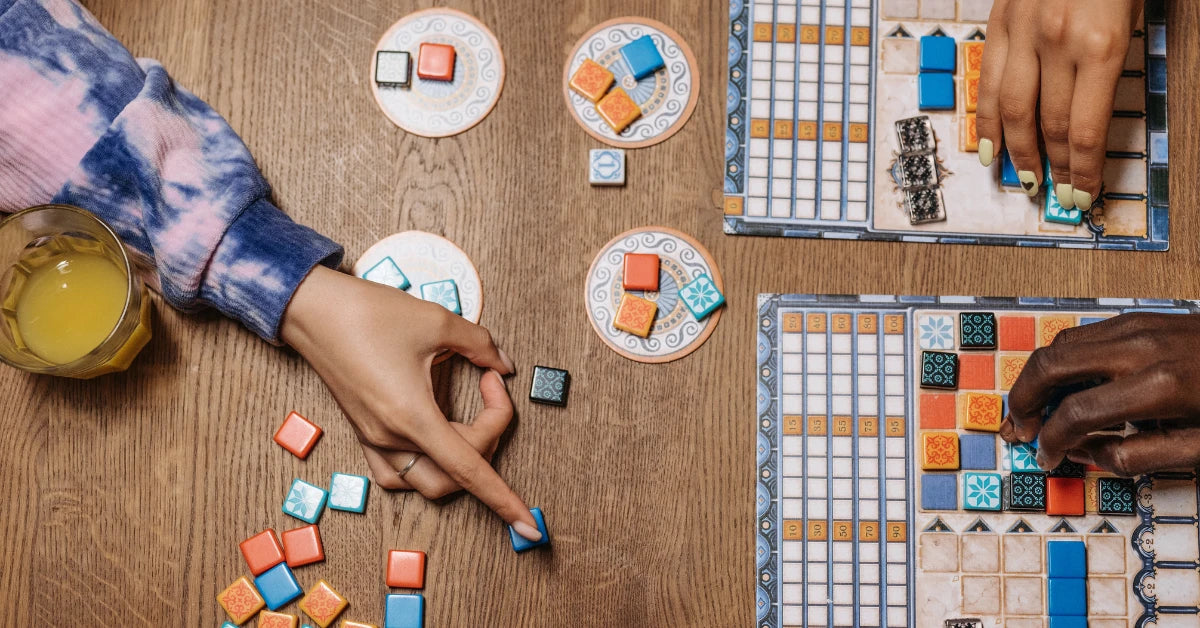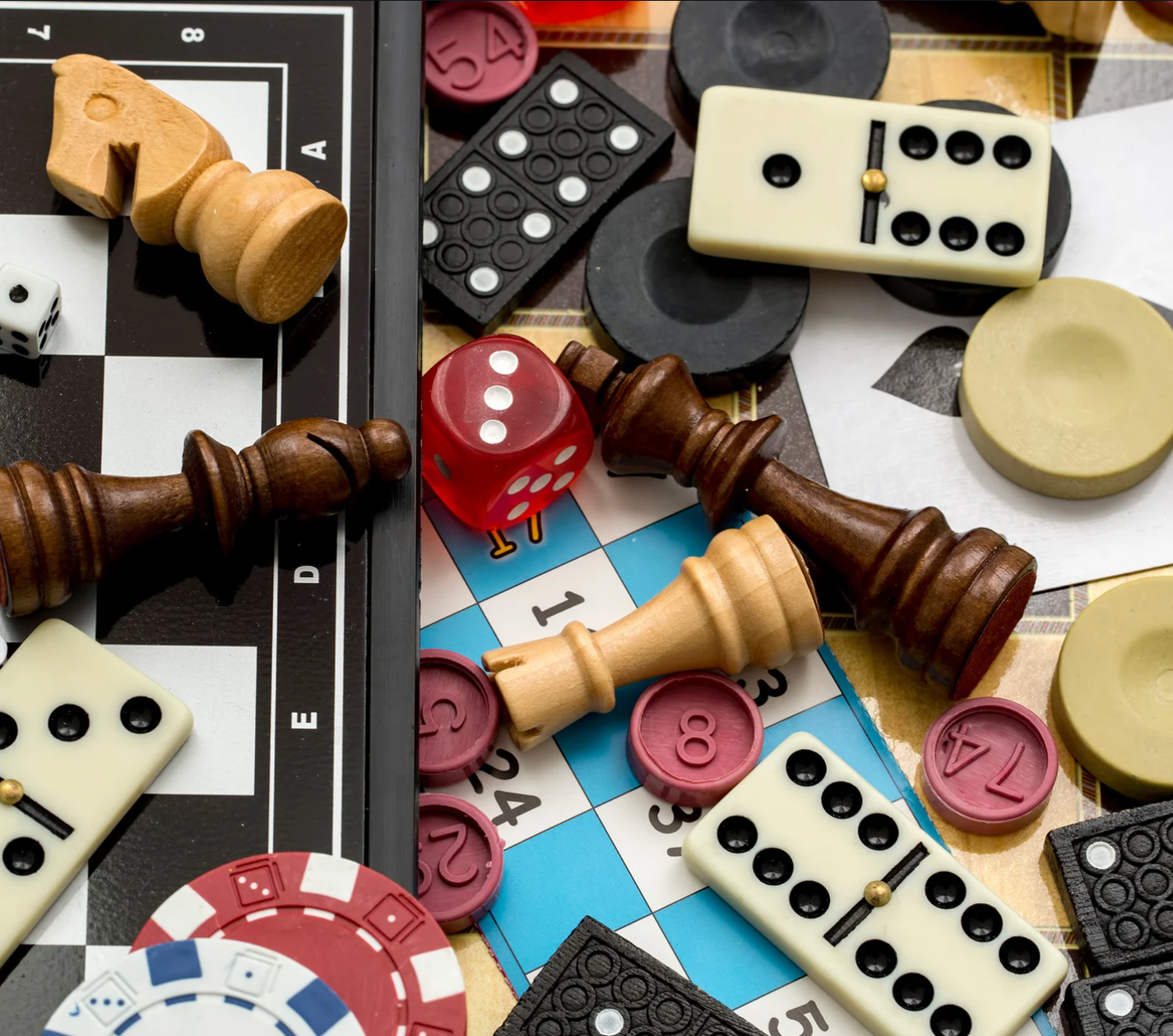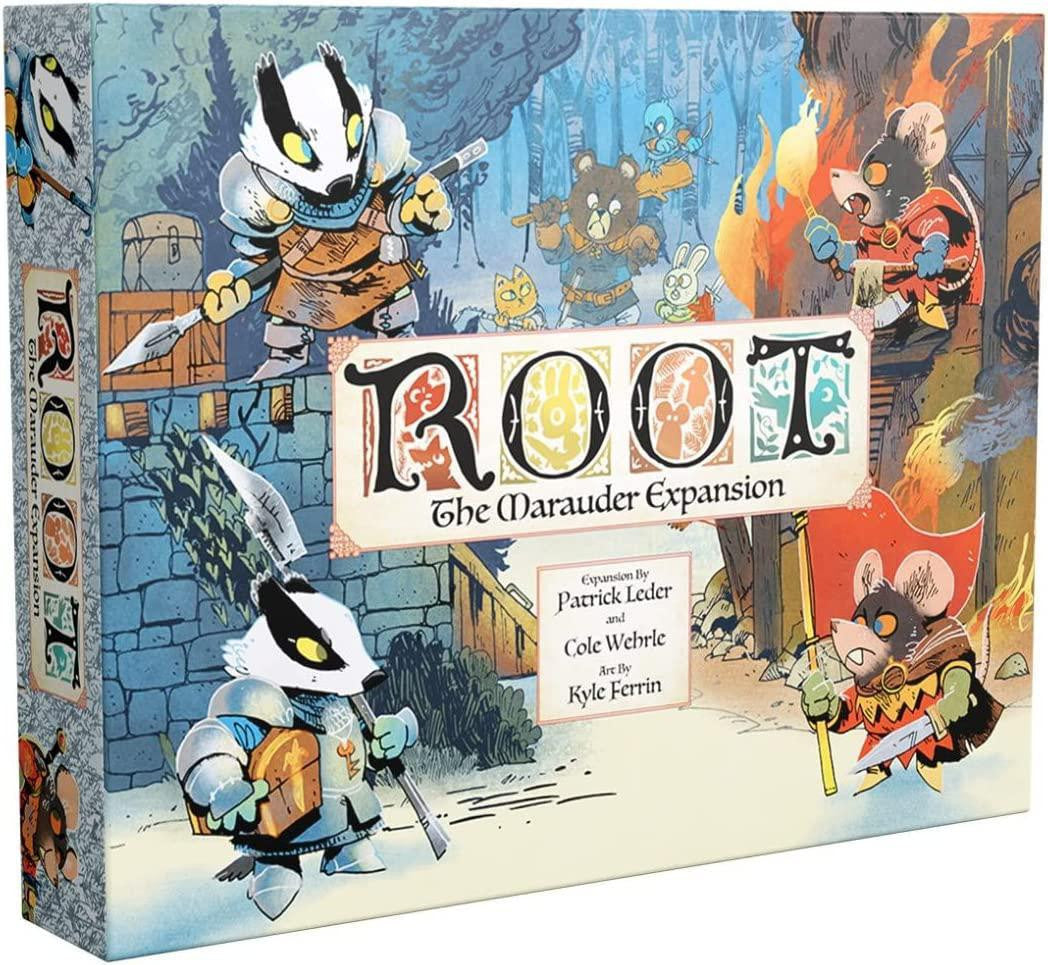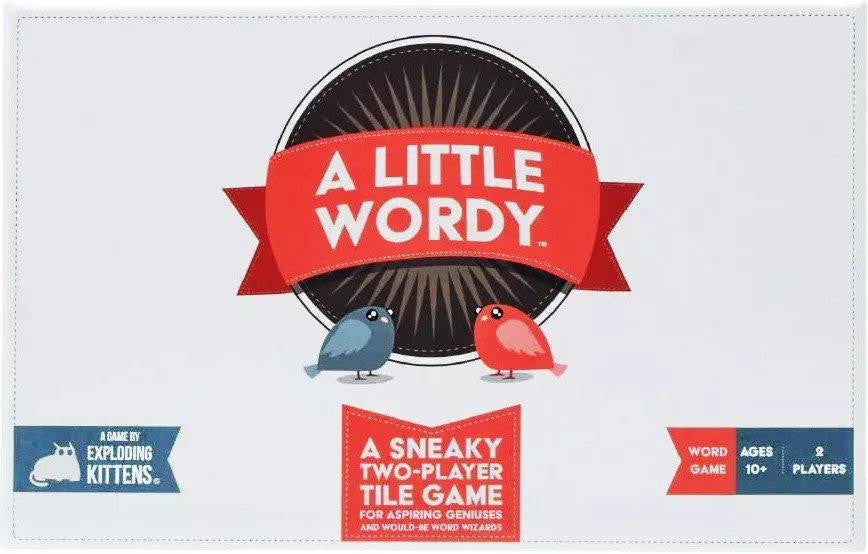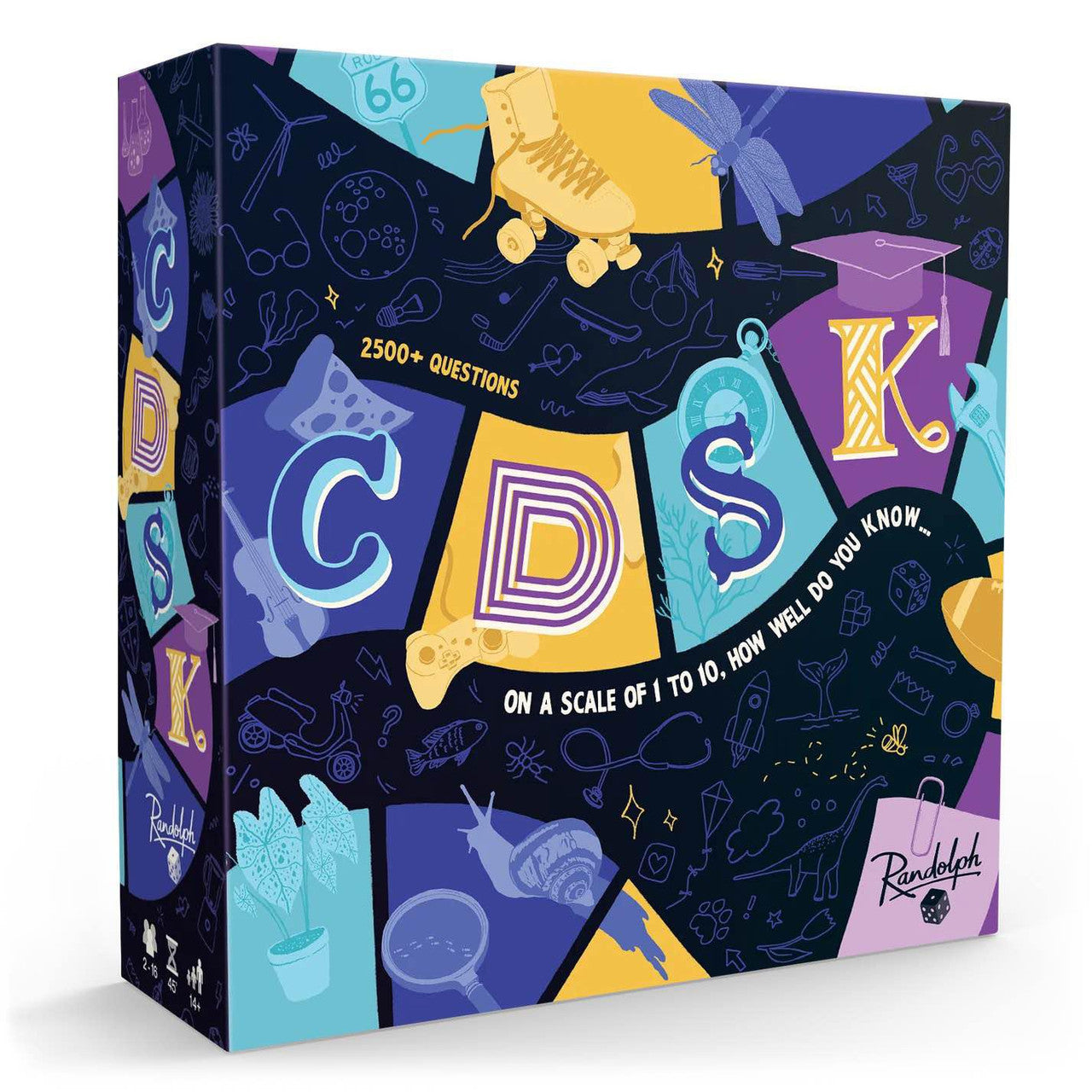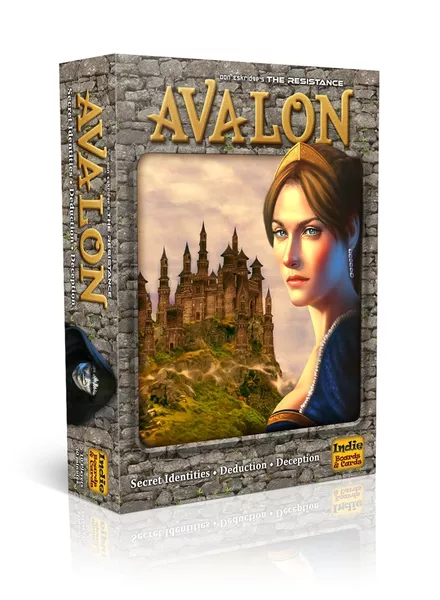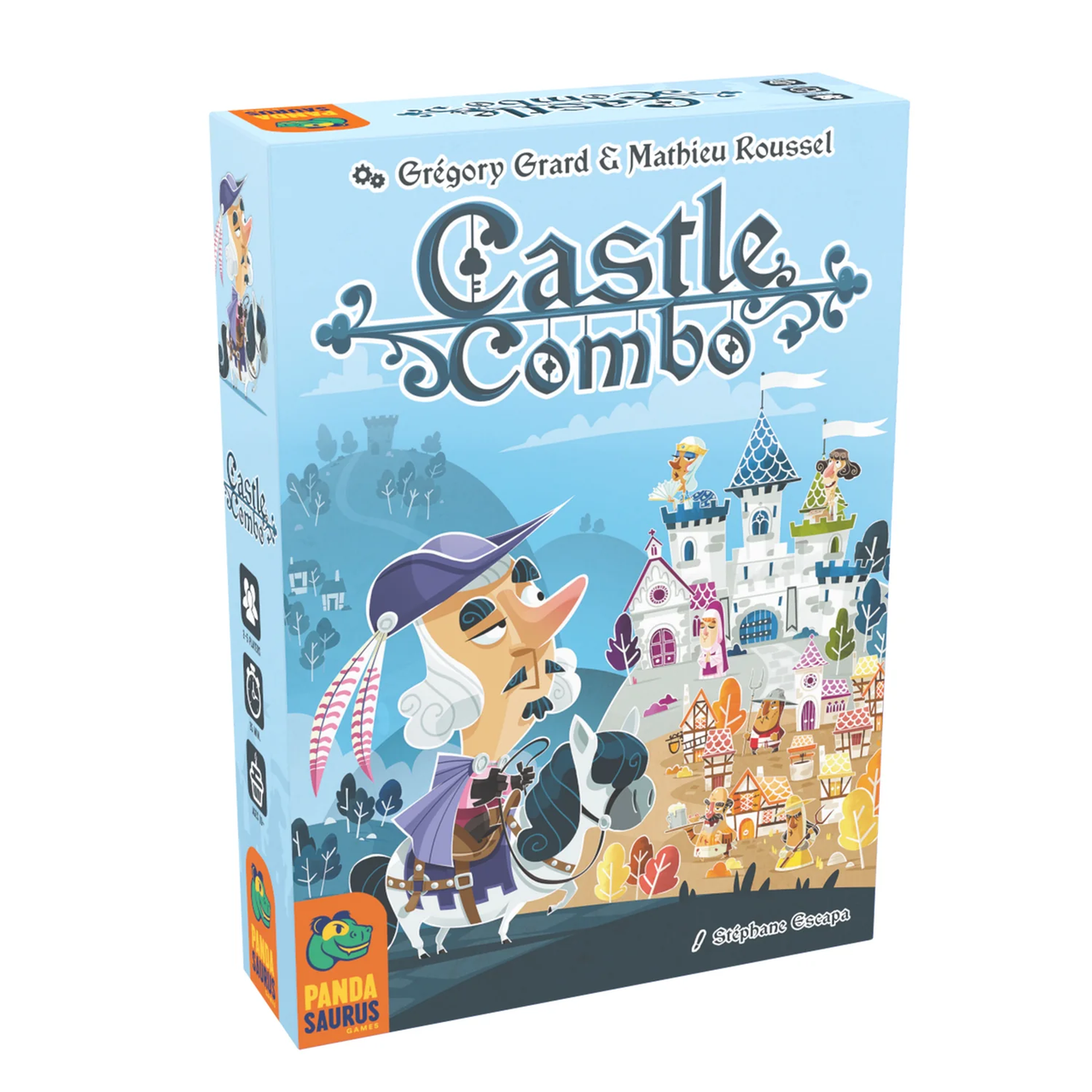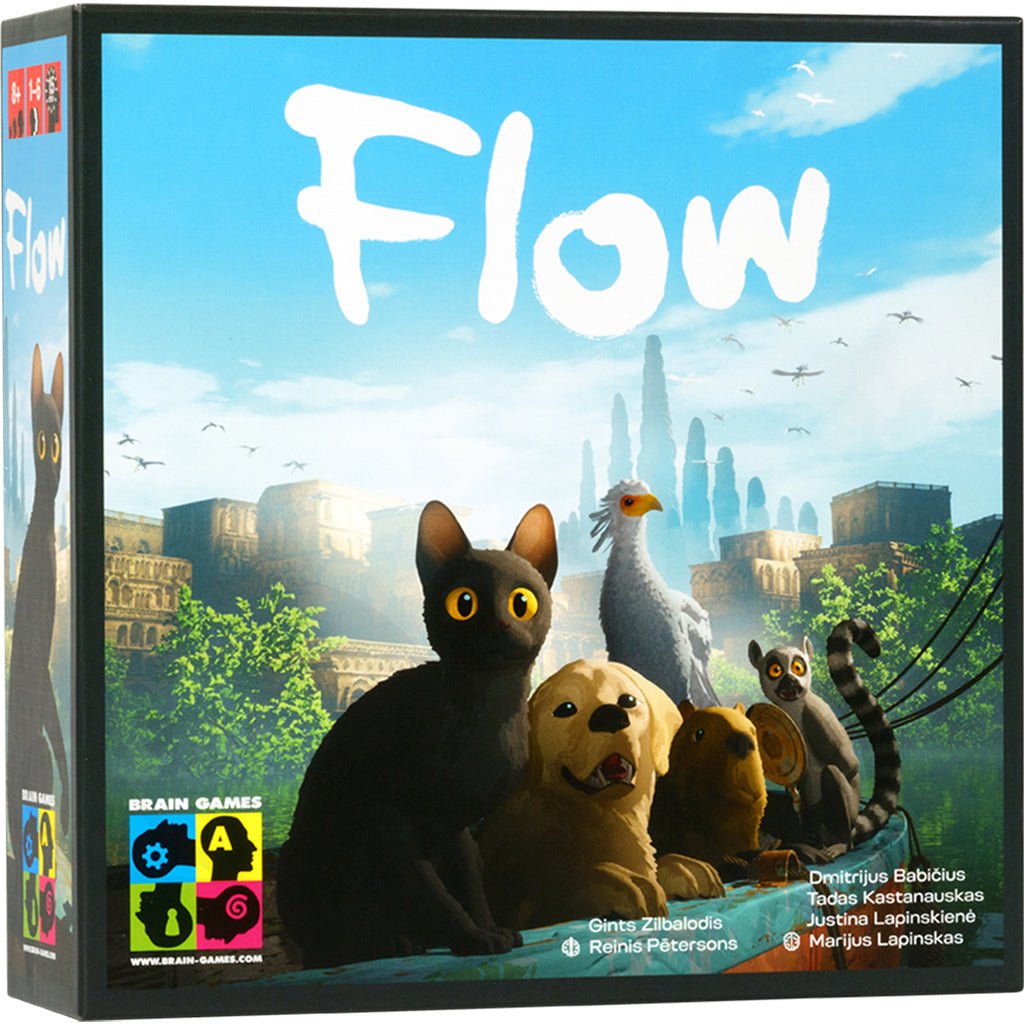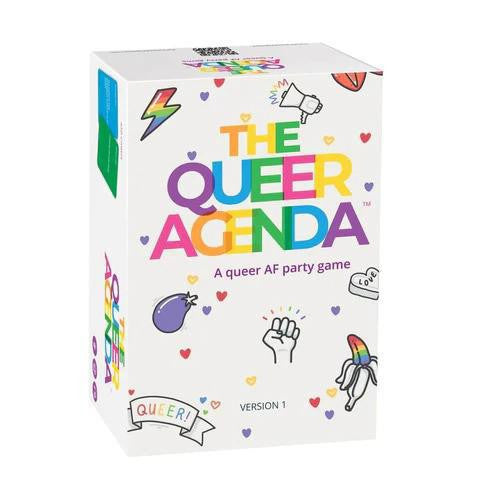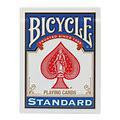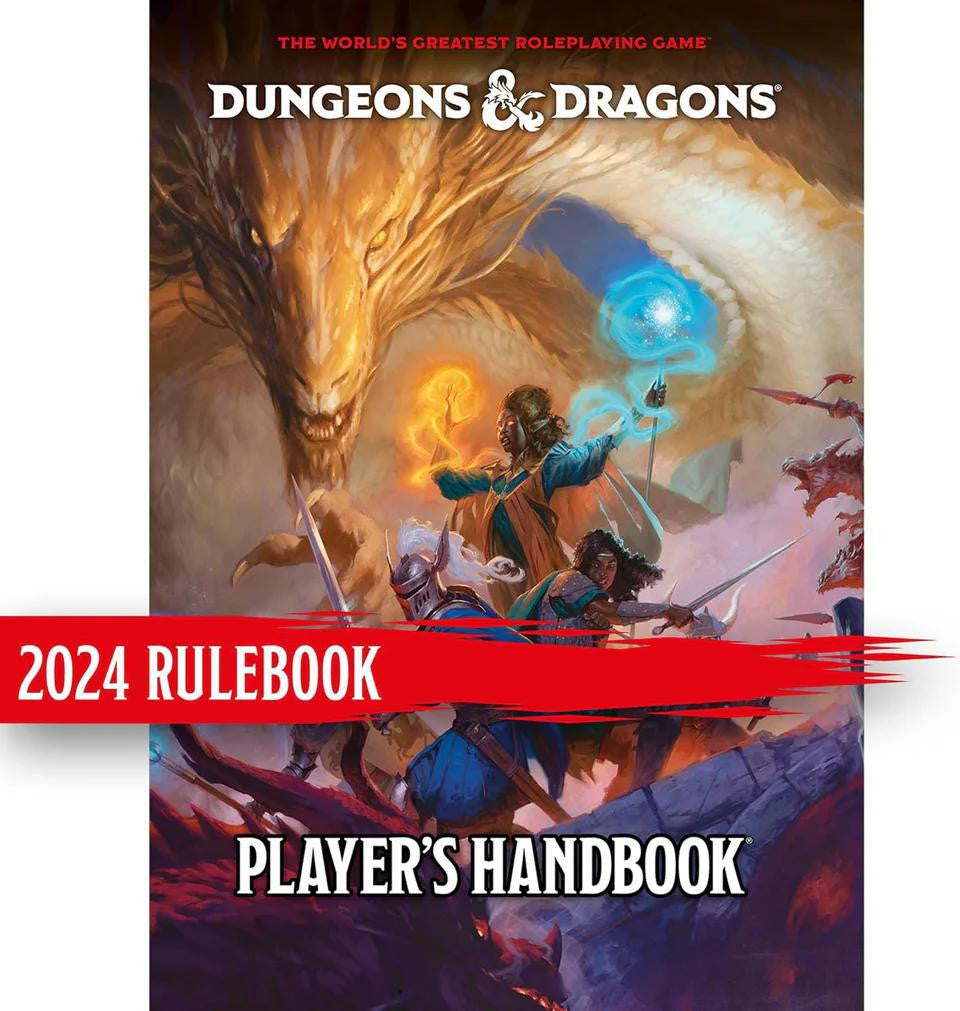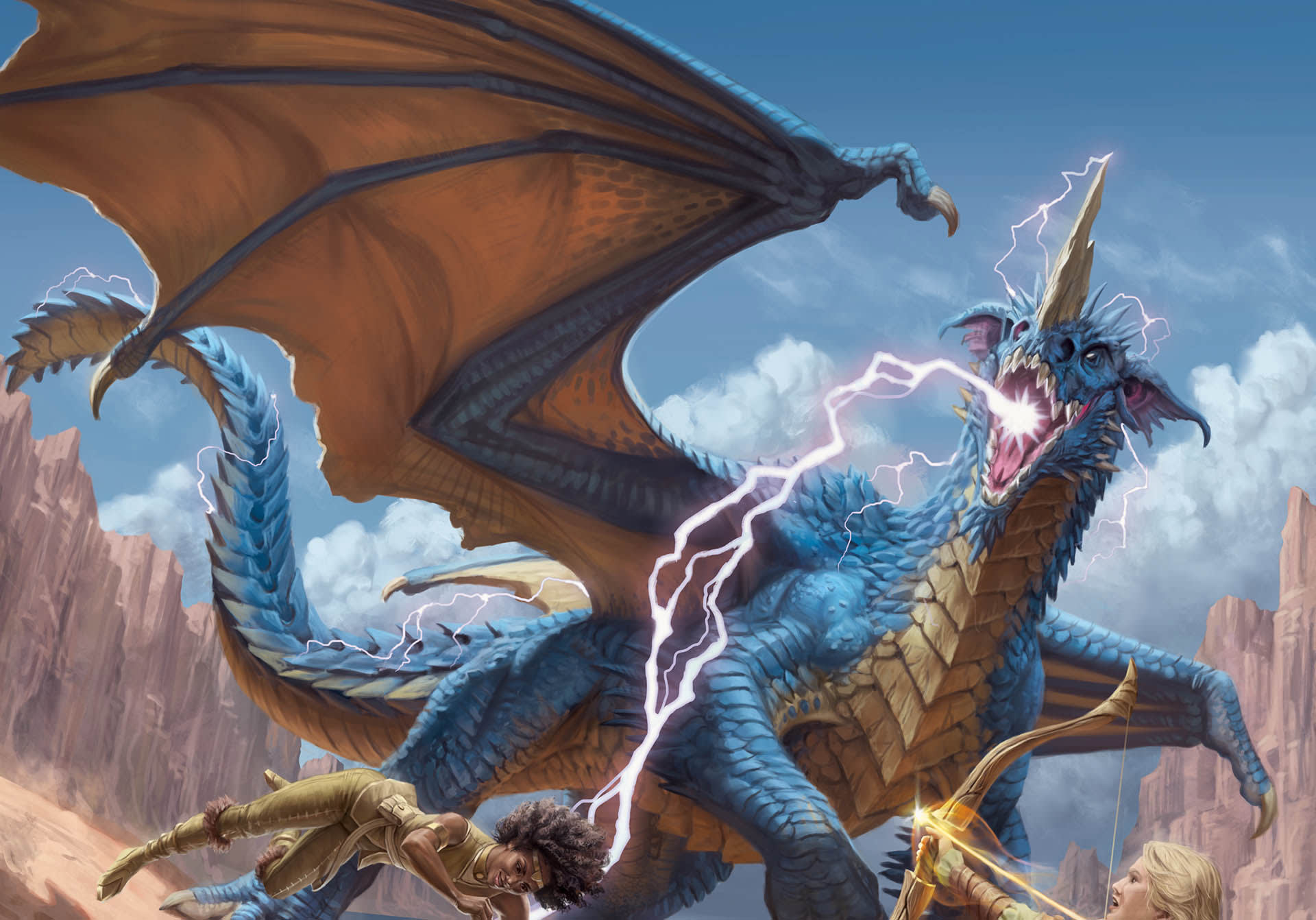Dungeons and Dragons (D&D) has been a part of the gaming world since it was first published in 1974. It has become a beloved game for people of all ages, and is often considered a part of geek culture. D&D is a game that involves players creating characters, battling monsters and solving puzzles. It is a great way for kids to develop problem-solving skills, make friends, tell stories, and have fun while doing so.
Intellectual Benefits
Playing D&D can help to foster intellectual development in kids. It helps to teach problem-solving, as they are tasked with navigating difficult situations. This can help them to think logically and develop strategies for overcoming obstacles. Additionally, D&D helps to encourage creativity, with players having to come up with innovative solutions to the challenges they face.
Between the puzzle solving and riddles, and navigating combat, there is a huge amount of opportunity for your child to learn and grow.
Resource Management
On top of helping to develop problem-solving skills, D&D can also teach kids to manage resources. Players must carefully consider how to use the items they find, helping them to develop a sense of responsibility and become more organized in their daily lives.
Depending on the edition you're kid is playing, they also have to figure out the best way to manage their skills and abilities individually and as a team, and how that can be difference between victory and defeat.
Literacy Skills
D&D can also help to enhance literacy skills. Players must read and interpret the rules of the game, as well as the descriptions of characters, items and locations. This can help to improve their reading comprehension, writing abilities and vocabulary.
Story telling is a great way for kids to hone their communication skills, whether they are telling the story as the dungeon master or as a participant in the story as a player.
Math Skills
Moreover, D&D helps to strengthen math skills. Players must use math to determine their characters’ hit points and to calculate damage done in combat. This can help kids to become more comfortable with basic math concepts such as addition, subtraction, multiplication and division.
There is nothing like rolling dice to help learn the basics of mathematics.
Memory and Concentration
Finally, playing D&D can help to exercise memory and concentration skills. Players must remember the rules of the game, as well as the details of their characters and the items they have collected. This can help to improve their ability to focus and concentrate, which can be a valuable skill in both school and life.
Dungeons and Dragons, and role playing games in general, are great for a huge variety of reasons but the educational value can't be ignored! If you want to get your child into D&D, check out our selection of books and products that can take their role playing experience to the next level.

